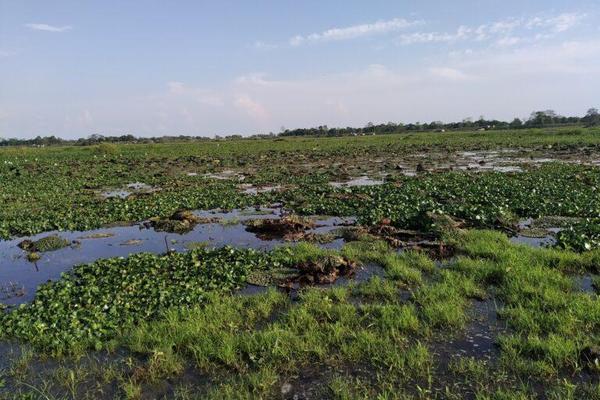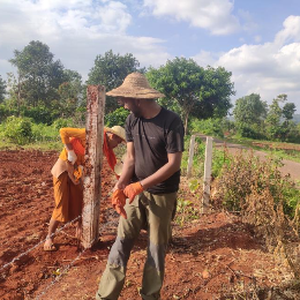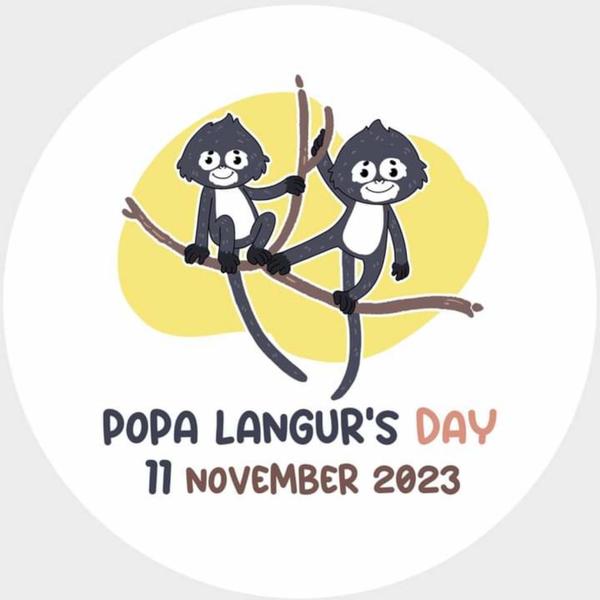
Majuli's shrinking wetlands and their fight for survival
Legend has it that in a village on the island of Majuli in Assam, whenever someone needed something, they would go to a nearby beel (wetland) and pray to the water god (devata) and their wish would be fulfilled. Even today, the wetland is known as Bhakati beel, meaning ‘the beel of devotion.’
“Symbolically, this legend shows the significance of wetlands in the life of the people of Majuli,” says Gobin Kumar Khound, a writer and local environmental activist in the island. “Beels are the arteries
“Symbolically, this legend shows the significance of wetlands in the life of the people of Majuli,” says Gobin Kumar Khound, a writer and local environmental activist in the island. “Beels are the arteries
























